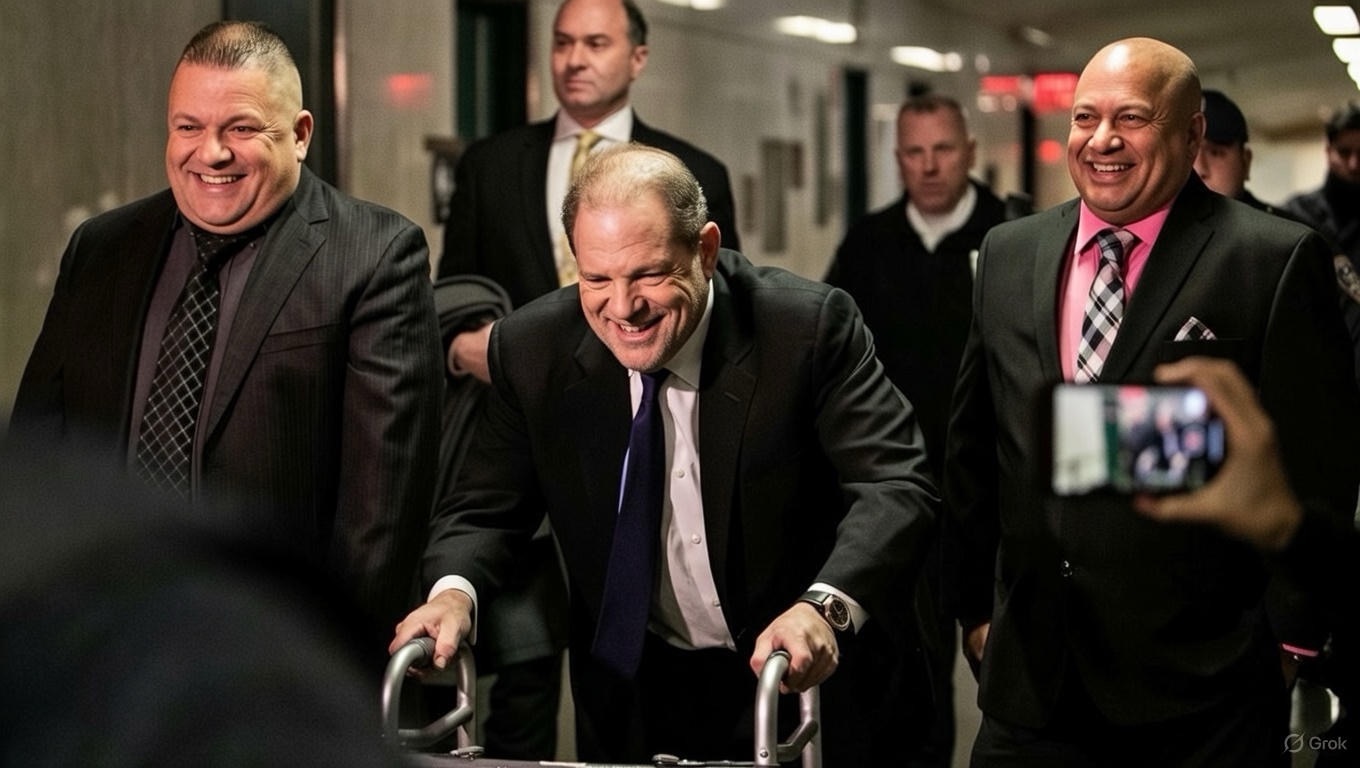Victims of sex abuse by members of the Catholic clergy have expressed hope after meeting Pope Leo at the Vatican for the first time.
Gemma Hickey, board president of Ending Clergy Abuse (ECA Global), told the BBC it spoke 'volumes' he had met them so soon in his papacy.
The group is pushing for a global zero-tolerance policy, already adopted in the US, of permanently removing a priest who admits or is proven to have sexually abused a child. The Pope acknowledged there was 'resistance in some parts of the world' to this, Hickey said.
The new Pope has inherited the issue, which has haunted the Catholic Church for decades and the Vatican has struggled to root out.
His predecessor, Pope Francis, tried to address the problem by holding an unprecedented summit on paedophilia in the Church and by changing its laws to explicitly criminalise sexual abuse, but problems remain. A recent Vatican-commissioned report was unusually critical of Church leaders, saying victims and survivors had frequently raised the lack of accountability of bishops and superiors, with many historic cases allegedly covered up.
ECA Global acknowledged pockets of resistance to a zero-tolerance policy. Hickey said, 'We were all being realistic when we recognised that there is resistance.'
For Hickey, who uses they/them pronouns, the drive to see such a policy adopted worldwide is personal, as the Canadian said they were abused by a priest who was then shuffled between parishes. Hickey described the meeting as 'historic' and a 'big step for all of us.'
They expressed hope that this could set the tone for the Pope's papacy, as they share the goal of ending clergy abuse.
During the meeting, which was scheduled for 20 minutes but lasted an hour, the Pope mostly listened. Hickey noted how the Pope was 'quite empathetic' regarding stories of abuse shared during the meeting.
After the meeting, the group hopes a change of canon law can bring about the global implementation of the zero-tolerance policy, highlighting ongoing discussions with experts regarding reforms.
The Vatican's child protection commission report emphasized the 'importance of a streamlined protocol' for the resignation and removal of Church leaders in cases of abuse, stressing a need for accountability and better communication with victims.
Hickey told the Pope, 'This is as much a risk for him to engage in a dialogue as it was for us,' reflecting on the crucial nature of their discussions.
Hope sprang from their exchange, as Hickey noted, 'We realise it's not something that's going to happen overnight, but at the end of the day, coming together and establishing a relationship is a step in the right direction.'






















